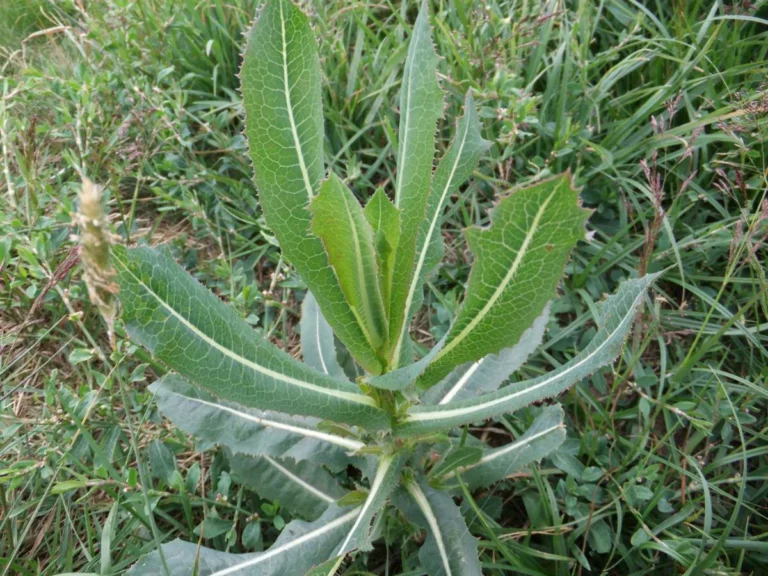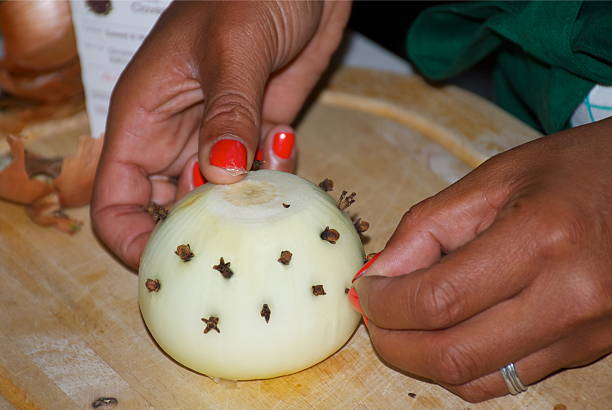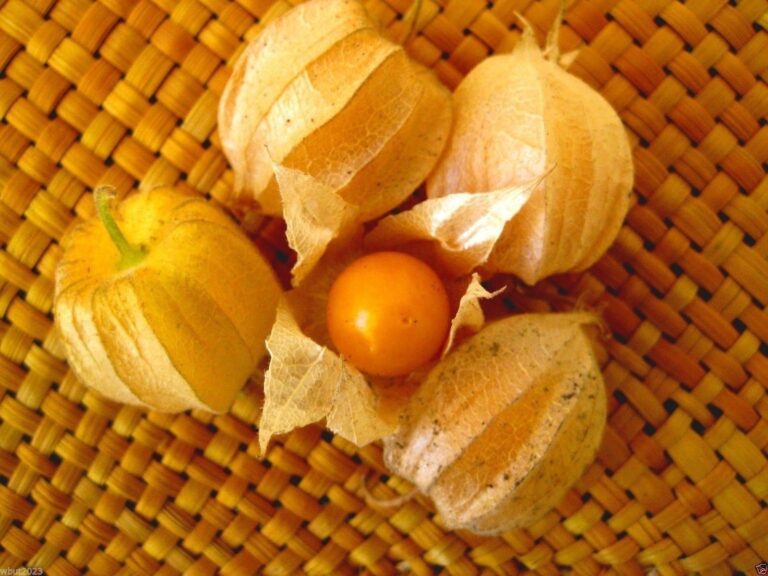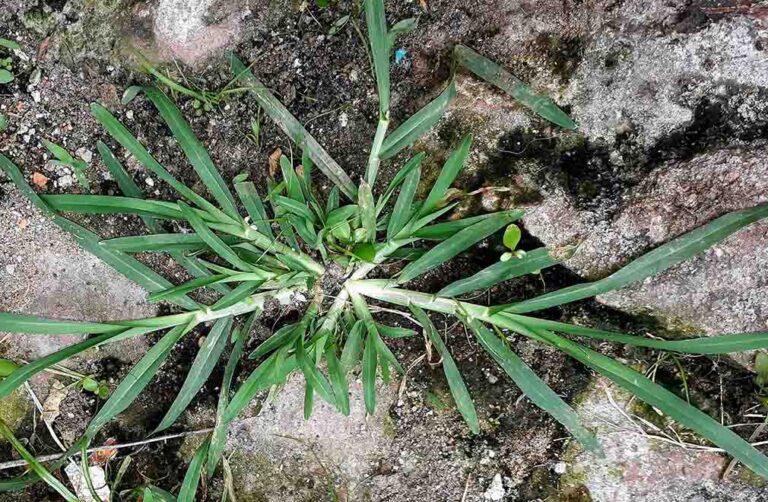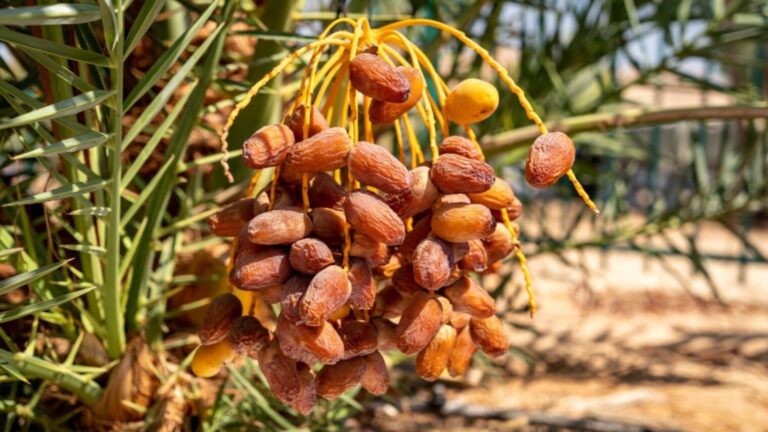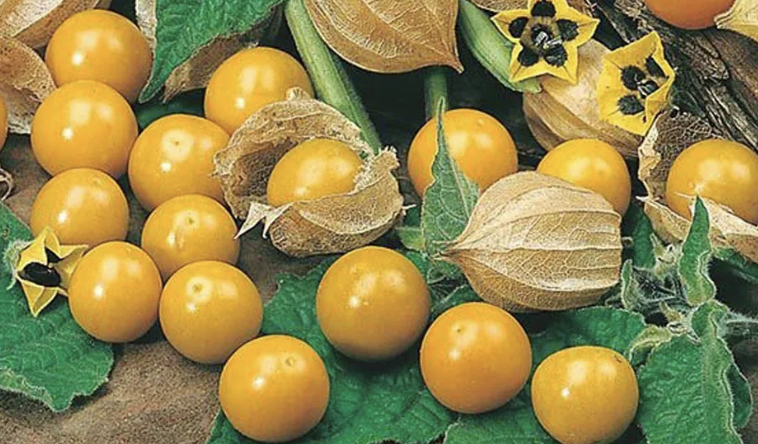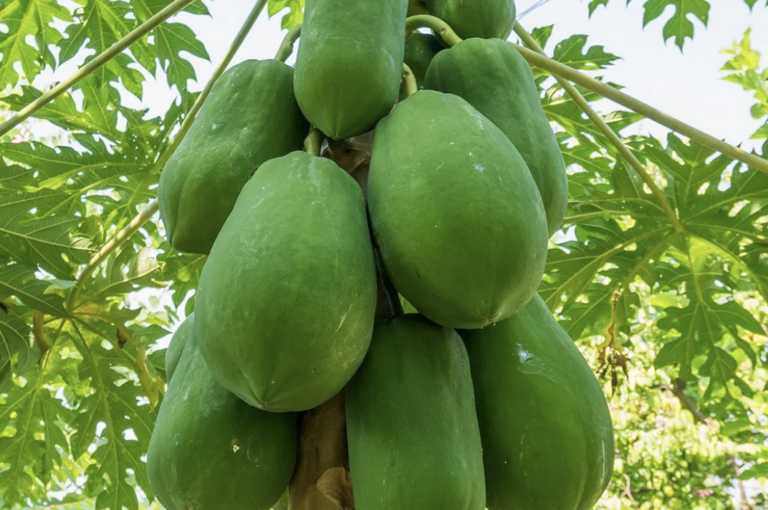Tossing banana peels? Stop! They’re packed with potassium, phosphorus, and calcium—essential nutrients your plants crave. This easy DIY banana peel fertilizer costs nothing and works better than many store-bought options.
Why Banana Peels Are Garden Gold
✔ Potassium (K) – Strengthens roots & boosts flowering/fruiting
✔ Phosphorus (P) – Encourages strong root development
✔ Calcium (Ca) – Prevents blossom end rot in tomatoes/peppers
✔ Auxins – Natural growth hormones for faster plant growth
4 Easy Ways to Use Banana Peels as Fertilizer
1. Banana Peel Tea (Liquid Fertilizer)
Best for: Quick nutrient boost
How to make:
- Chop 3-4 peels into small pieces
- Soak in 1L water for 48 hours
- Strain & dilute (1:5 ratio with water)
- Water plants weekly
Plants that love it:
- Tomatoes
- Roses
- Peppers
2. Dried & Powdered Peel
Best for: Slow-release fertilization
How to make:
- Dry peels in sun or oven (low heat)
- Grind into powder
- Mix 1 tbsp into potting soil
Great for:
- Seed starting mix
- Potted plants
3. Direct Burying Method
Best for: Heavy feeders
How to use:
- Bury chopped peels 2-4″ deep near plants
- Let decompose naturally
Ideal for:
- Fruit trees
- Squash plants
4. Compost Accelerator
Best for: Enriching compost piles
How to use:
- Add whole peels to compost bin
- Speeds up decomposition
Pro Tips for Best Results
☑ Use organic bananas (avoid pesticide residues)
☑ Chop finely for faster breakdown
☑ Combine with eggshells for extra calcium
Plants That Thrive with Banana Peels
✅ Tomatoes
✅ Roses
✅ Peppers
✅ Citrus trees
✅ Flowering plants
Plants to Avoid
❌ Cacti/succulents (too much moisture)
❌ Carnivorous plants (sensitive to minerals)

